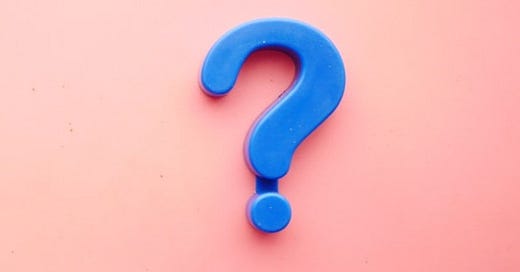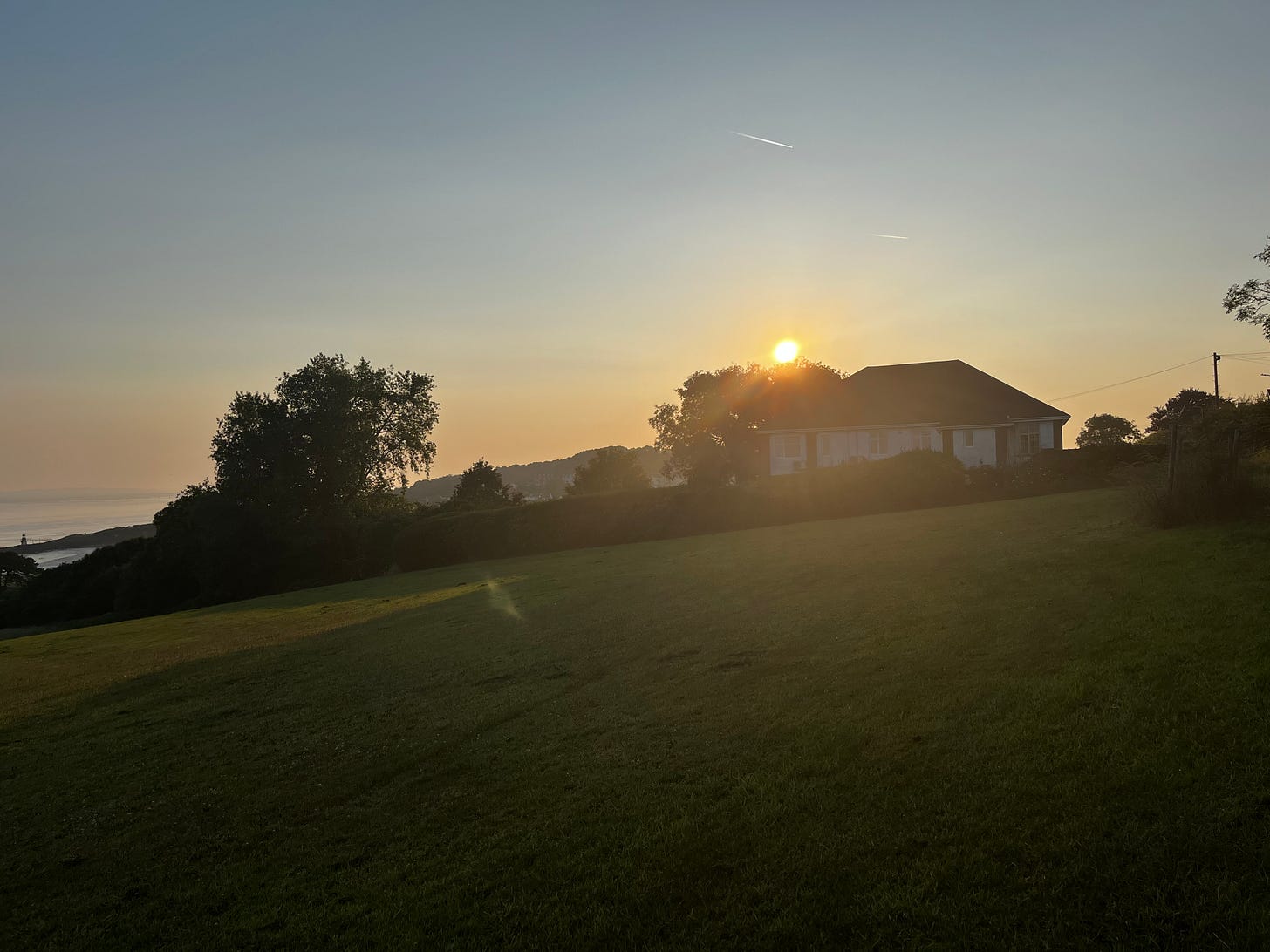I guess I am a lucky duck. I had a period (a massive humdinger in every way) In February this year, and I was 55 last week. This bodes well for my health span, as I am therefore still producing -or was, a useful level of estrodial. I am pretty sure I am now in my menopause year, I hope so, I have had difficult periods for 42 years bar being pregnant. Enough now! But for a lot of women the shock of early menopause occurs, with all the related symptoms and feelings.
When is it POI?
Otherwise known as POI (premature ovarian insufficiency) premature ovarian failure, or premature menopause. Early menopause, the cessation of periods before the age of 40, affects about 1% of women. It may be caused by chemotherapy or radiation treatments, autoimmune disease, or genetics, 90% of the time there is no known cause.
Early menopause can hit hard, diagnosis can be traumatic, shocking, and even devastating especially if you had hoped to have children, or more children. There is still a 5-10% possibility of becoming pregnant however, as for about 50% of women, some sporadic ovarian function, and occasional menstrual cycles will occur.
As you can imagine, or know first hand, POI, it is no fun. Often women experience anxiety and or depression, are not taken seriously by Doctors, feeling unheard and or gaslit with symptoms being brushed off and concerns diminished. Feeling helpless, probably whilst going through some of the symptoms associated with the menopause transition. Dealing with societies patriarchal views on aging and the links to menopause, and the shock of what is happening to them.
As is the way with women’s health, little research has been done into the causes, rarely will women receive any reason as to why they have been diagnosed, and currently there is nothing that can be done to help.
HRT should be prescribed as it is is imperative, as it lowers the risk of osteoporosis, and cardiovascular disease, and helps support brain health long term, but there is no way to bring back full ovarian function.
Diagnosis occurs with an elevated level of FSH (follicle stimulating hormone) measured with blood tests, four weeks apart. If you feel something is amiss, ask your Doctor for this test.
If you are going through this, or know a woman who is, in the Uk there is an organisation called the Daisy network, which supports women with POI. Google to find groups near you. Talking to other women online or in person, experiencing the same things will really help.
There is so much conflicting information out thre, it can feel completely overwhelming! I get it. I am here to help women like you with symptoms, using a holistic approach. Reach out, i’d love to talk to you and give you the chance to find out more. Book a free call here.





